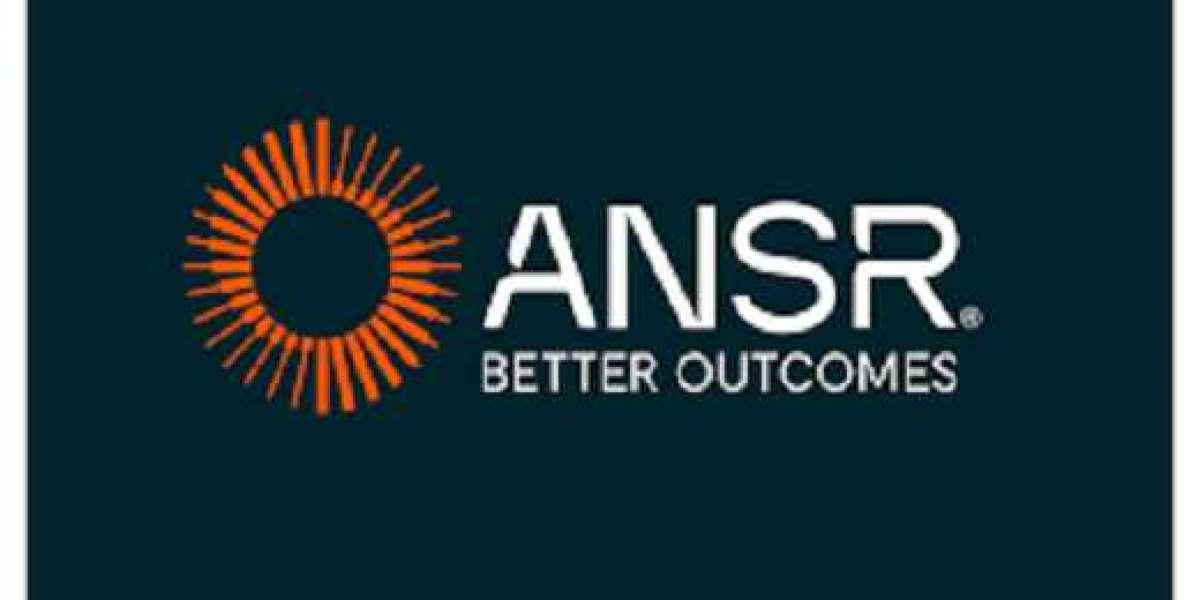A Shared Service Center (SSC) is a centralized department or unit within an organization that provides a range of support services to multiple business units or divisions. The global business services provided by an SSC can include finance, human resources, procurement, and IT, among others. The goal of an SSC is to improve efficiency, reduce costs, and standardize processes across the organization.
What Services Does an SSC provide?
A Shared Service Center typically provides a range of support services to multiple business units or divisions within an organization, including:
- Finance: Accounts payable, accounts receivable, general ledger, financial reporting, tax and compliance
- Human Resources: Recruitment, benefits administration, payroll, employee relations, training and development
- Procurement: Purchasing, supplier management, contract administration
- Information Technology: Help desk, network and system administration, software support, data management
- Customer Service: Order fulfillment, billing, call center, customer service
- Supply Chain Management: Inventory management, logistics, transportation
- Legal and Compliance: Contract management, risk management, regulatory compliance
These global business services may vary depending on the specific needs and objectives of the organization. The goal of a Shared Service Center is to improve efficiency, reduce costs, and standardize processes across the organization.
Characteristics of the Best Shared Services Centers
Thinking Globally
Many companies initially adopt the shared-services model within their domestic market, before expanding the concept globally. This often leads to each region operating as its own entity, striving to increase efficiency and cut expenses independently.
Continuously Evolving the Scope
Innovative companies broaden both their geographic reach and the range of global business services they provide. These companies offer no exceptions for their business units, with the Shared Service Centers serving all locations, employees, and units. Progressive firms also extend their scope to include specialized functions, rather than restricting their criteria to solely whether the SSC generates cost savings comparable to high-volume transaction processing.
Employee Investment
As SSCs aim to enhance the value they offer to their business-unit clients, successful organizations view employee training as an investment, not as a discretionary expense. Our research indicates that problem-solving abilities are crucial in delivering improved service to internal customers, surpassing other competencies such as resolving issues and effective communication. Problem-solving is also found to be four times more impactful than any form of functional expertise.
Standardization via End-to-End Process Owners
There is an opportunity to increase cost savings and productivity within an individual process (e.g. accounts payable), as well as within any process within the shared services organization.
The most advanced companies have exceeded these boundaries by designating Global Process Owners who oversee end-to-end processes such as order-to-cash or purchase-to-pay on a global scale.
